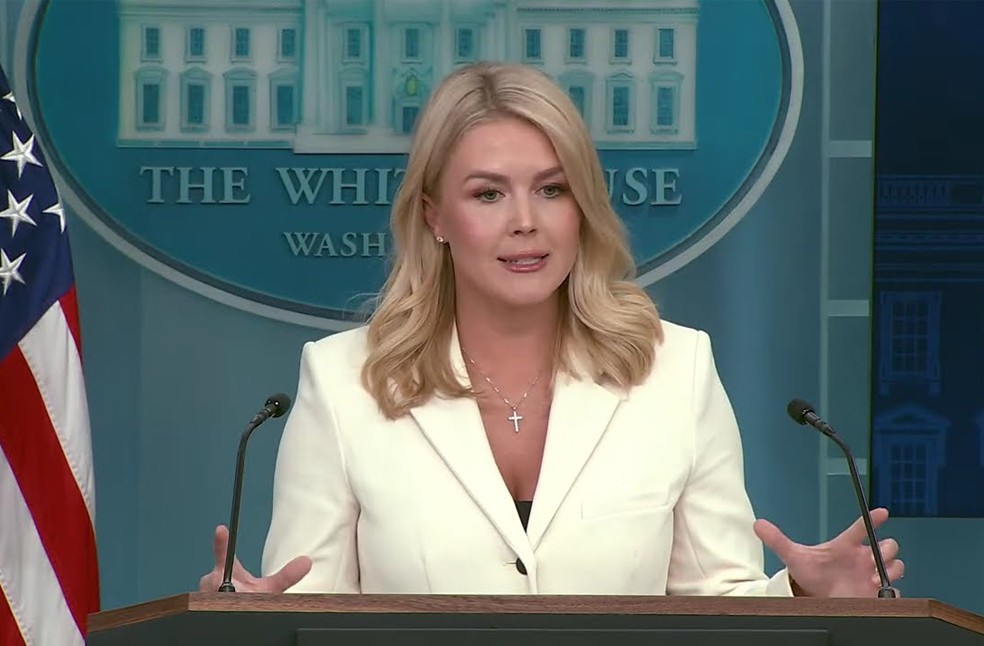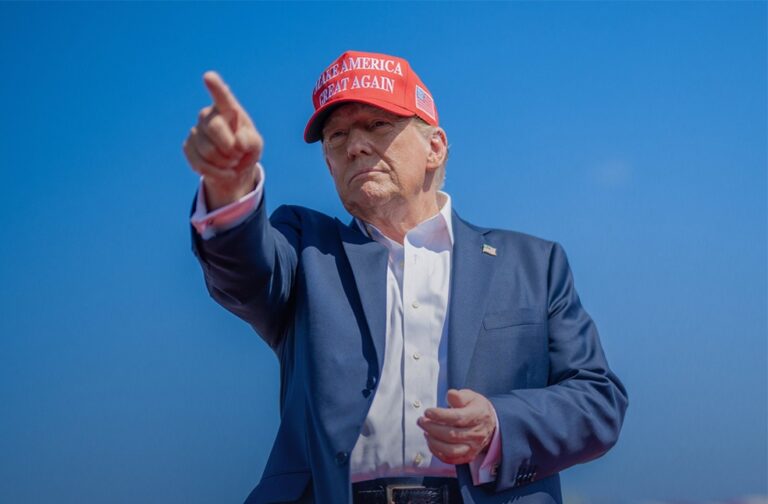Washington DC: In a major policy shift, former US President Donald Trump’s administration has revealed that smartphones, computers, and other electronic devices will be excluded from steep tariffs, including the 125 percent levies on Chinese imports.
This marks the first significant exemption under the sweeping tariff strategy initiated during Trump’s term.
According to a notice by US Customs and Border Protection, these goods are also excluded from the global 10 percent tariff previously applied to most countries. The exemptions, which are backdated to April 5, extend to semiconductors, solar cells, memory cards, and other essential electronics.
While traveling to Miami, Trump told reporters aboard Air Force One that more details would be shared at the beginning of the week. Trump added that, “We’ll be very specific, but we’re taking in a lot of money. As a country, we’re taking in a lot of money.”
The decision followed rising concerns from US tech companies that the tariffs could sharply increase consumer prices on devices like smartphones and laptops, which are primarily manufactured in China. Some projections had warned that iPhone prices could triple if the extra costs were passed to consumers.
Despite the exemptions, the White House emphasized that these products are still subject to a 20 percent tariff imposed on Chinese goods related to fentanyl concerns. Stephen Miller, White House Deputy Chief of Staff for Policy, confirmed this in a post on X.
White House Press Secretary Karoline Leavitt stated that the exemptions were intended to give American tech firms time to move manufacturing operations back to the US.
Leavitt added that, “President Trump has made it clear America cannot rely on China to manufacture critical technologies such as semiconductors, chips, smartphones, and laptops.”
The White House framed this as part of a broader push to reshore manufacturing and reduce dependency on China.

Apple, in particular, has been stepping up its efforts to diversify production, with India and Vietnam becoming key alternatives to Chinese manufacturing. It’s estimated that around 80percent of Apple’s iPhones destined for US customers are currently made in China, with the rest produced in India.
Following the tariff changes, Apple is reportedly accelerating the ramp-up of production in India to mitigate future disruptions and cost pressures. Samsung and other tech giants have also been exploring new supply chain routes to avoid over-reliance on China.
The exemptions come in the wake of Trump’s announcement of a sweeping global tariff strategy, where countries would face increased import duties unless they negotiated new trade terms with the US. Trump has introduced a 90-day pause on implementing those tariffs for most countries, excluding China.
Trump justified the continued tariff increase on Chinese goods, now raised to 145 percent, by citing China’s plan to retaliate with its own 84 percent tariff on American imports. The President stated that countries not retaliating would be spared from the steeper levies and would instead face a temporary blanket tariff of 10 percent through July.
Calling the move a negotiation tactic, the White House said the goal is to encourage more favorable trade agreements. Trump argued that his tariff policy addresses what he sees as structural unfairness in global trade and aims to bring manufacturing and jobs back to American soil.
Despite the tough rhetoric, Trump expressed optimism about US-China relations, saying that he remained comfortable with the high tariffs and hopeful for a positive outcome.
The exemption of key electronics offers a reprieve for American consumers and tech investors, signaling a possible recalibration in the former president’s aggressive trade agenda, even as broader economic and geopolitical tensions with China continue.



